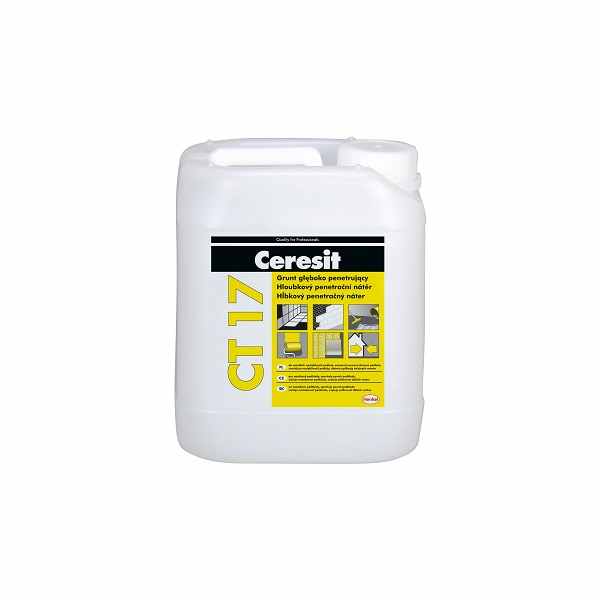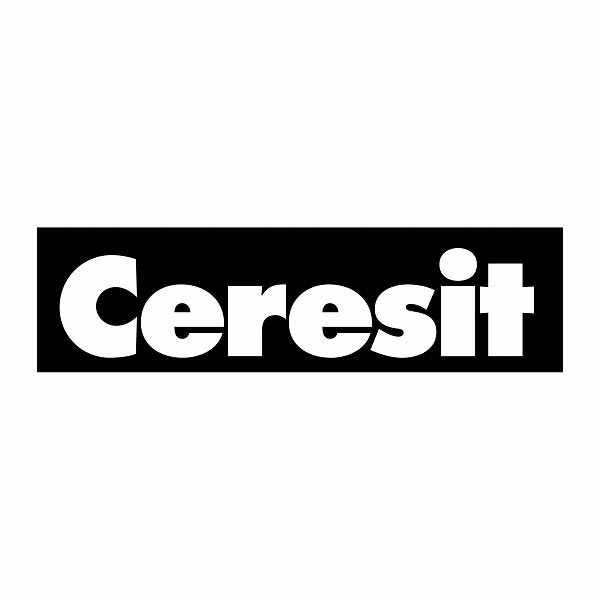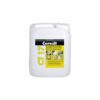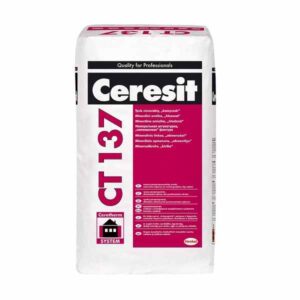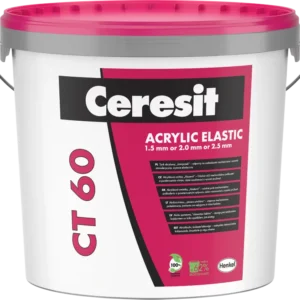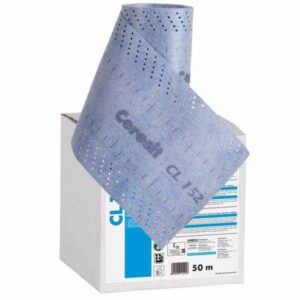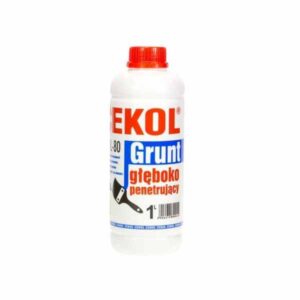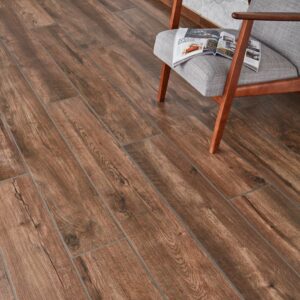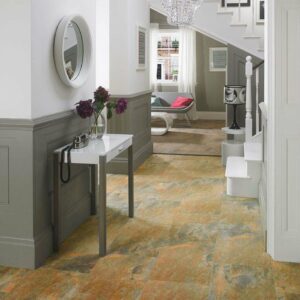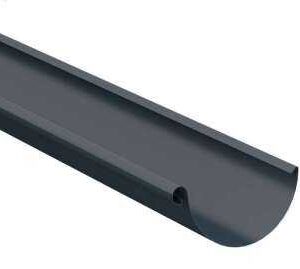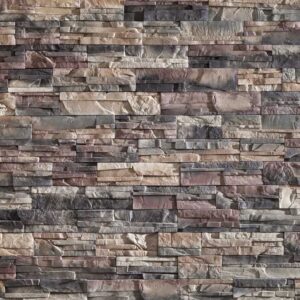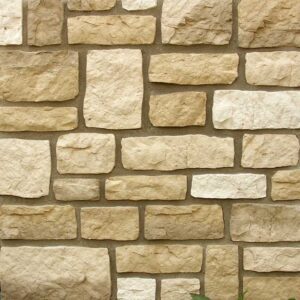Ceresit CT17 deep penetrating primer – 5L
£26.80 inc VAT
Manufacturer Ceresit
- consumption: from 0.1 to 0.5 l / m² (depending on the equality and absorbability of the substrate)
- it strengthens the surface
- reduces the absorbability of the substrate
- improves adhesion to the ground
- permeable
- makes it easier to apply subsequent layers, eg glues, putties, floors, paints
Sold By: : Building Market UK
SKU: 100927
Categories: BUILDING MATERIALS, EXTERNAL WALL INSULATION, Primers
Tags: 5l, ceresit, ct17, deep penetration, deeply, for priming, primer
Description
Ceresit CT 17 Profi is designed for priming substrates (walls, floors, ceilings) inside and outside buildings prior to fixing ceramic tiles, pouring floors, fixing floor lining, papering, puttying, painting, or fixing thermal insulation boards. The primer is solvent-free. Substrates primed with Ceresit CT 17 Profi (all kinds of plaster, concrete, screeds, primers with underfloor heating installations) are of lower absorbency, which prevents too rapid overdrying of adhesive mortars, flooring, putties and paints.
Additional information
| Weight | 5 kg |
|---|
Related products
-
Ceresit CT137 mineral render DOT 1.5mm – WHITE – 25kg
Manufacturer Ceresit£32.98 inc VAT Add to cart
- white colour
- approximate consumption of about 2.0 - 2.4 kg/m²
- breathable
- resistant to atmospheric conditions
- naturally resistant to the growth of fungi, algae and mold
- good adhesion
- possibility of machine application
-
Ceresit CT60 acrylic render 1.5mm dot – WHITE – 25kg
£64.90 inc VAT Add to cartDecoractive thin layer plaster for indoor and outdoor applications
Properties
- Resistant to weather conditions with low absorbability and high elasticity
- Vapour permeable and resistant to damage
- BioProtect formula – resistant to the development of fungus, algae and mould
- Possibility of the machine application*
- Available in full palette of Ceresit Colours of Nature®
-
-
Cekol DL-80 deep penetrating primer – 1kg
Manufacturer Cekol£6.91 inc VAT Add to cart
- coverage: 1 litr for about 5 ÷ 15 m² (depending on the degree of absorbability of the substrate may change significantly)

